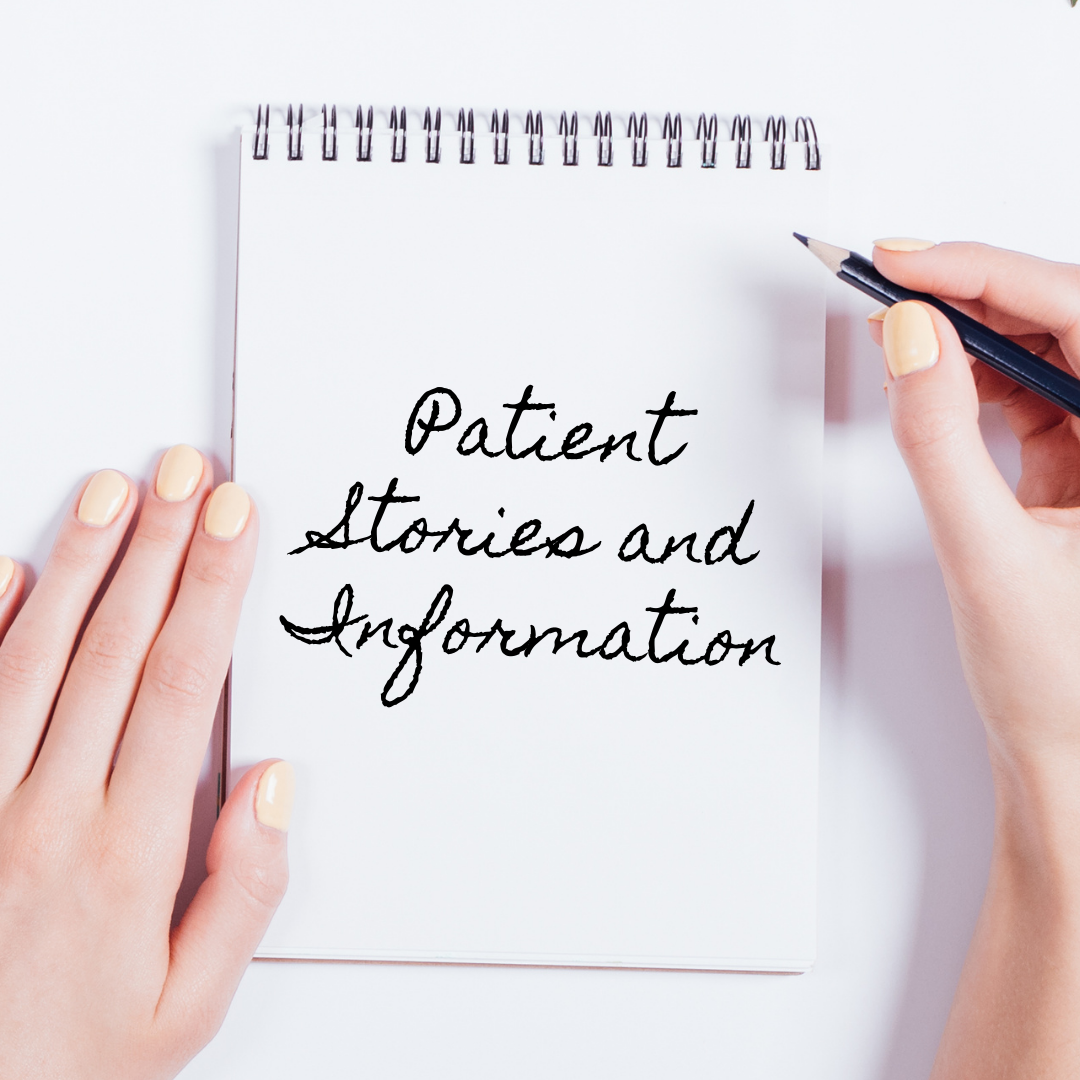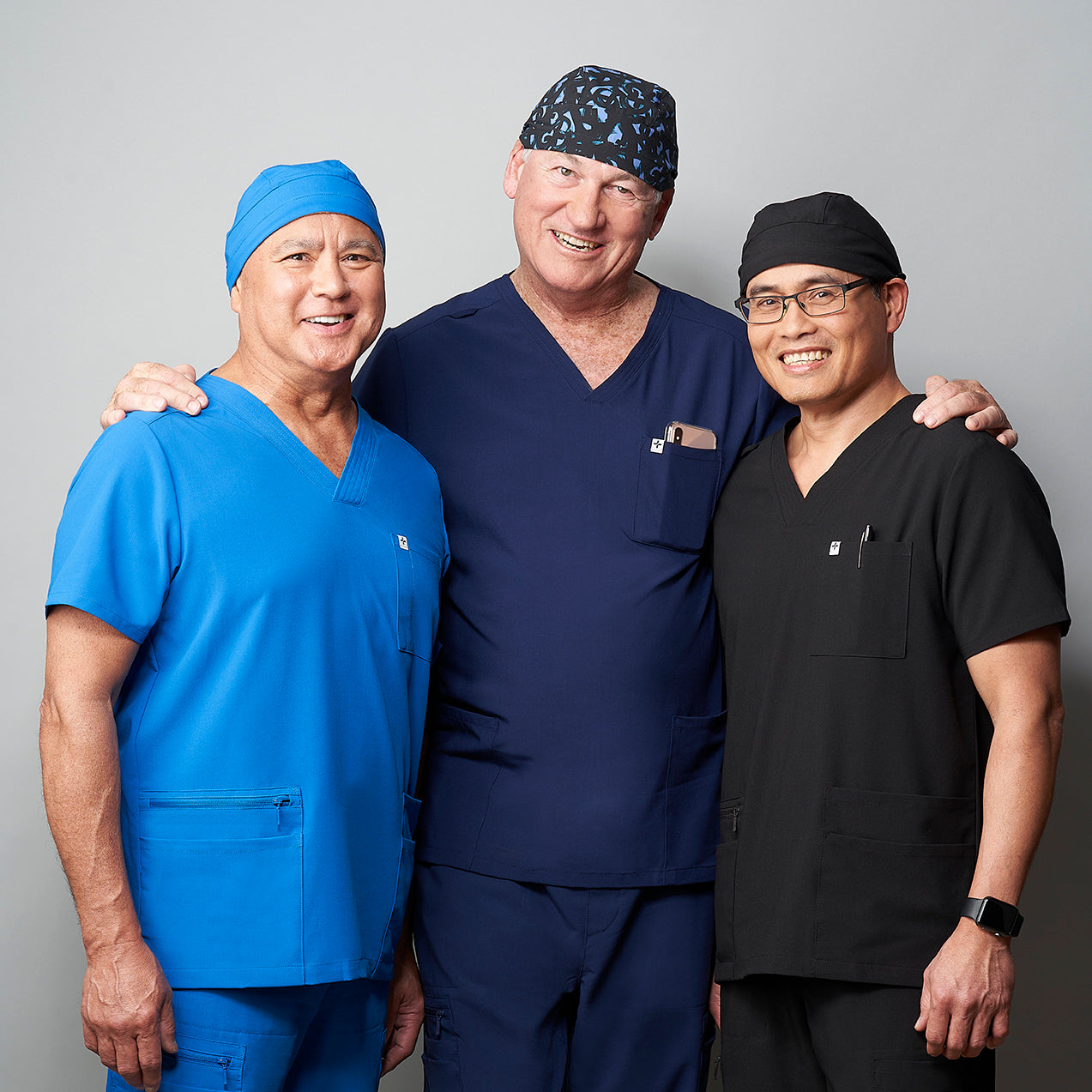As National Breast Cancer Awareness Month comes to a close today, we decided to highlight some of the advances that have been made recently in the detection and treatment of the disease. Most women, after diagnosis with the disease, go through a grueling combination of chemotherapy, surgery, and radiation. The field of breast cancer research has seen some exciting developments recently, so this may not be the case for women diagnosed with breast cancer in the future. Although it is by no means a comprehensive list of the advancements in breast cancer research, here are a few of the amazing things that may soon drastically change breast cancer treatment:
UCLA scientists have begun using patients’ genetic sequences to predict survival time and how certain patients might react to different treatments. This could be a vital tool for medical professionals and patients in the decision to pursue certain treatment options and could significantly increase the rate of breast cancer survival. There is a concern among doctors that a lack of education about the range of treatments options and how they can be used causes many breast cancer patients to feel that extreme surgeries like a double mastectomy is the best course of action for any breast cancer. This is not always best for patients with early stage cancers in one breast, and can actually be harmful. The genetic prediction from UCLA scientists, once widely used, could ease these initial conversations between doctors and patients.
Targeted combo therapy, a combination of two drugs from GlaxoSmithKline and Roche Holdings, has recently been discovered to eliminate breast cancer in about 11% of patients in a two-week period. 11% may sound like a small success rate, but it’s large enough to make this a significant breakthrough in drug therapy for breast cancer treatment. This may allow patients to undergo targeted combo therapy first, with the chance of it totally eliminating the cancer, for two weeks instead of immediately having a tumor surgically removed. In surgical cases, patients generally undergo chemotherapy after the removal of the tumor to ensure that all cancer cells are destroyed. This targeted combo therapy would eliminate the need for chemotherapy in successful cases, thereby saving many patients from the long and painful chemotherapy process.
The WISDOM study, a five-year study supported by the Patient-Centered Outcomes Research Institute, is tackling the prevention side of breast cancer. The study will test a more targeted approach to screening, analyzing genetic data to determine the frequency at which women should receive mammograms or other breast cancer screening tools. Although the study will not be completed for several years, it’s an exciting step towards a world in which women are aware of their risk factor and are able to take steps to catch breast cancer early. The WISDOM study has the potential to be particularly effective because 93 genes causing breast cancer were identified this year, information that can help medical professionals gather important information about the risk levels of certain patients.
This year, scientists have begun developing both blood tests and urine tests to test for breast cancer. Scientists in the US and France believe that a simple blood test could be ready for use within the next few years, a method of detection that would be easier for women to obtain and much more accurate than the mammogram. A US researcher at UC Davis has also developed a urine test for breast cancer, a breakthrough that could create an accurate, affordable, time-efficient option for women that avoids exposure to the radiation of a mammogram. The test’s creator doesn’t think it will totally replace mammograms, but it offers an easier and safer option for many women for whom mammograms are not an option.
Even as National Breast Cancer Awareness Month ends, it is important to remember that researchers are working year-round to find better treatment options and work towards a cure for breast cancer. One in eight women in the United States will be diagnosed with breast cancer in her lifetime, and having knowledge of and access to the latest treatment options could drastically improve her chances of beating the disease. Make sure that you and your loved ones are aware year-round of risk factors and preventative measures, as well as advances in available treatment options.
One day, we hope that this is something in the past. But until then, we are committed to helping you and your loved ones.










Leave a comment (all fields required)